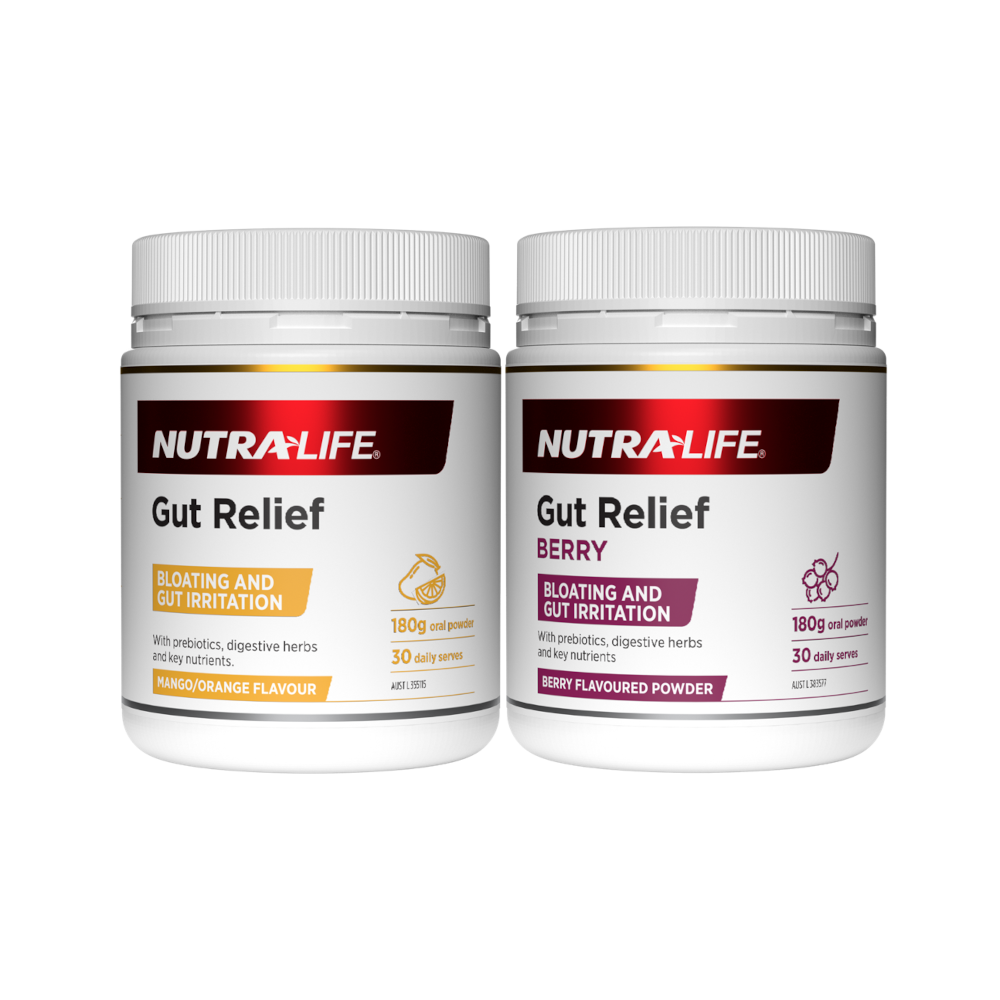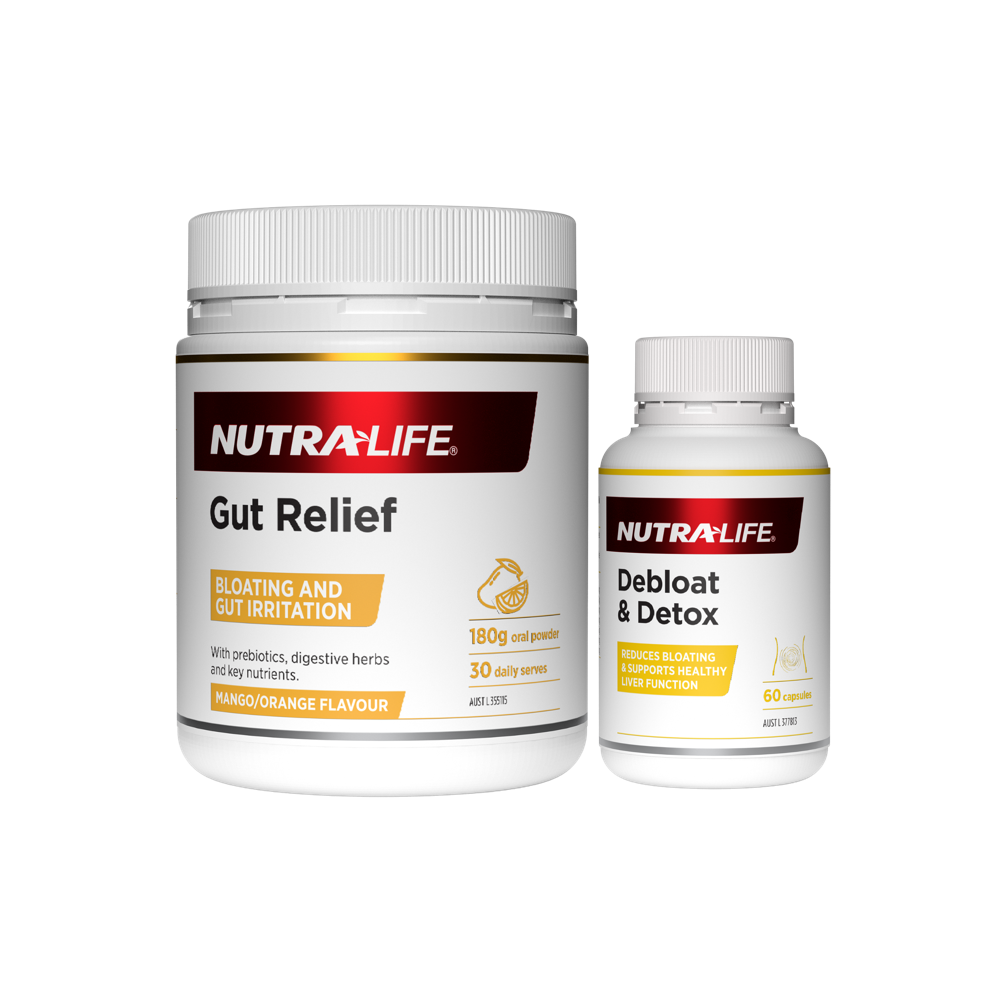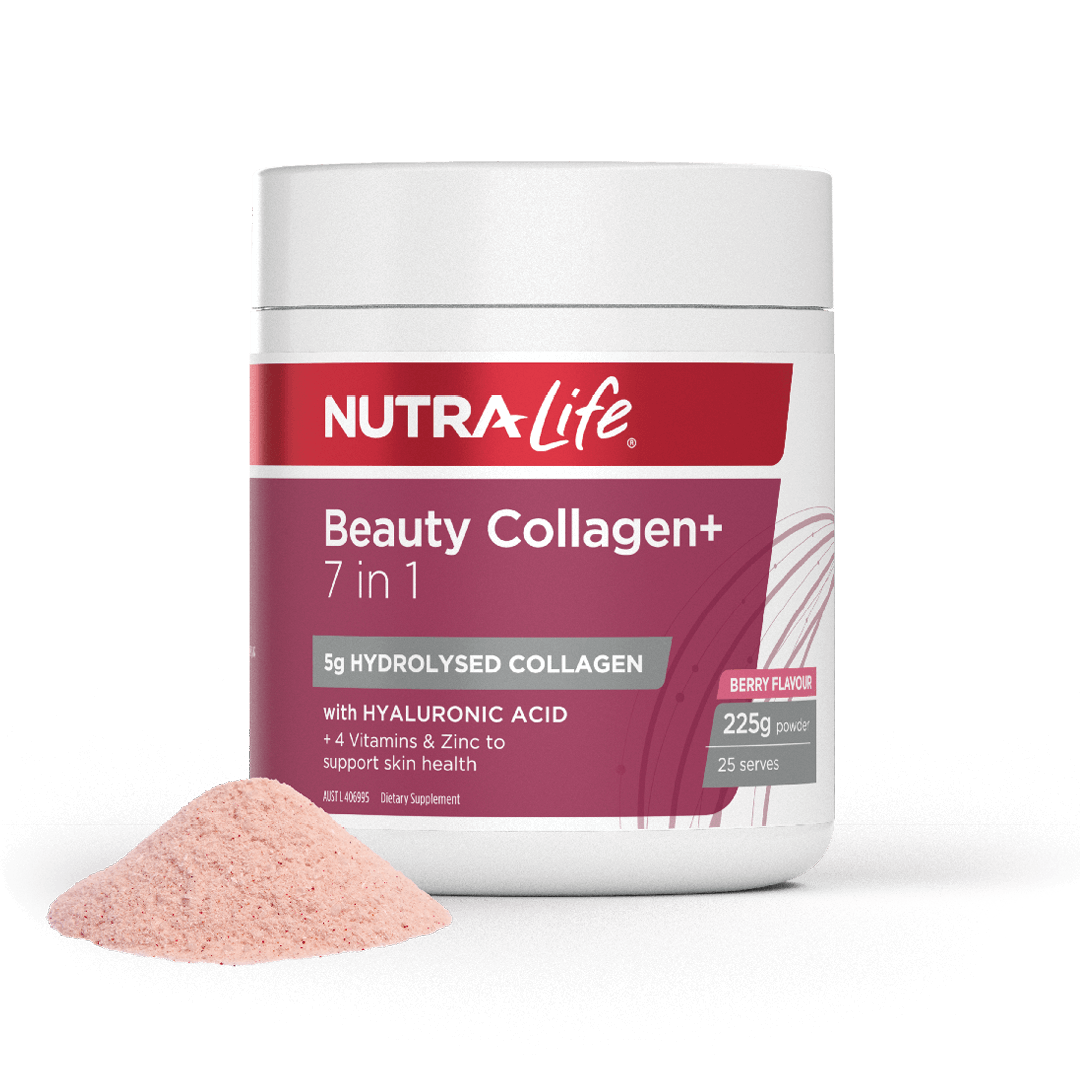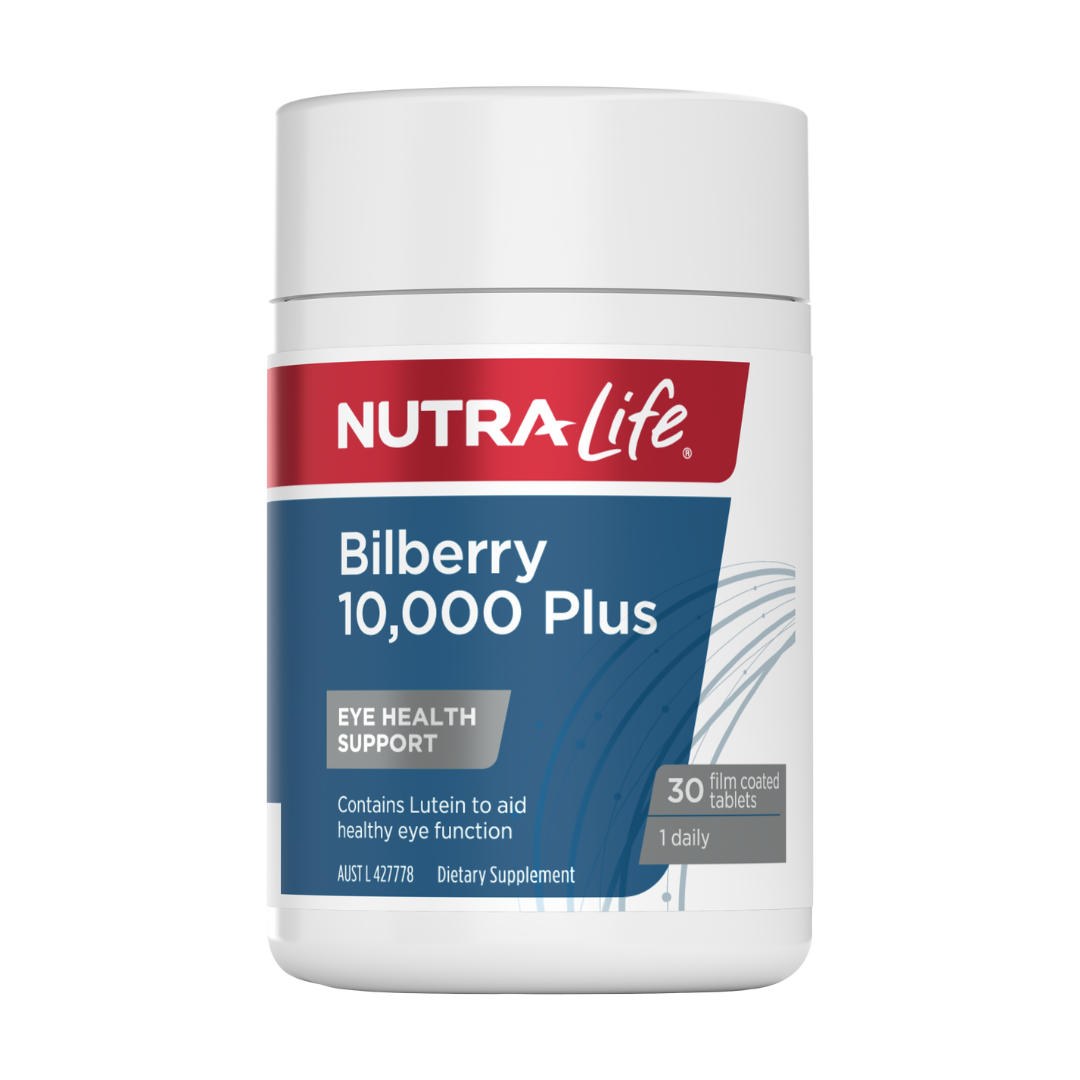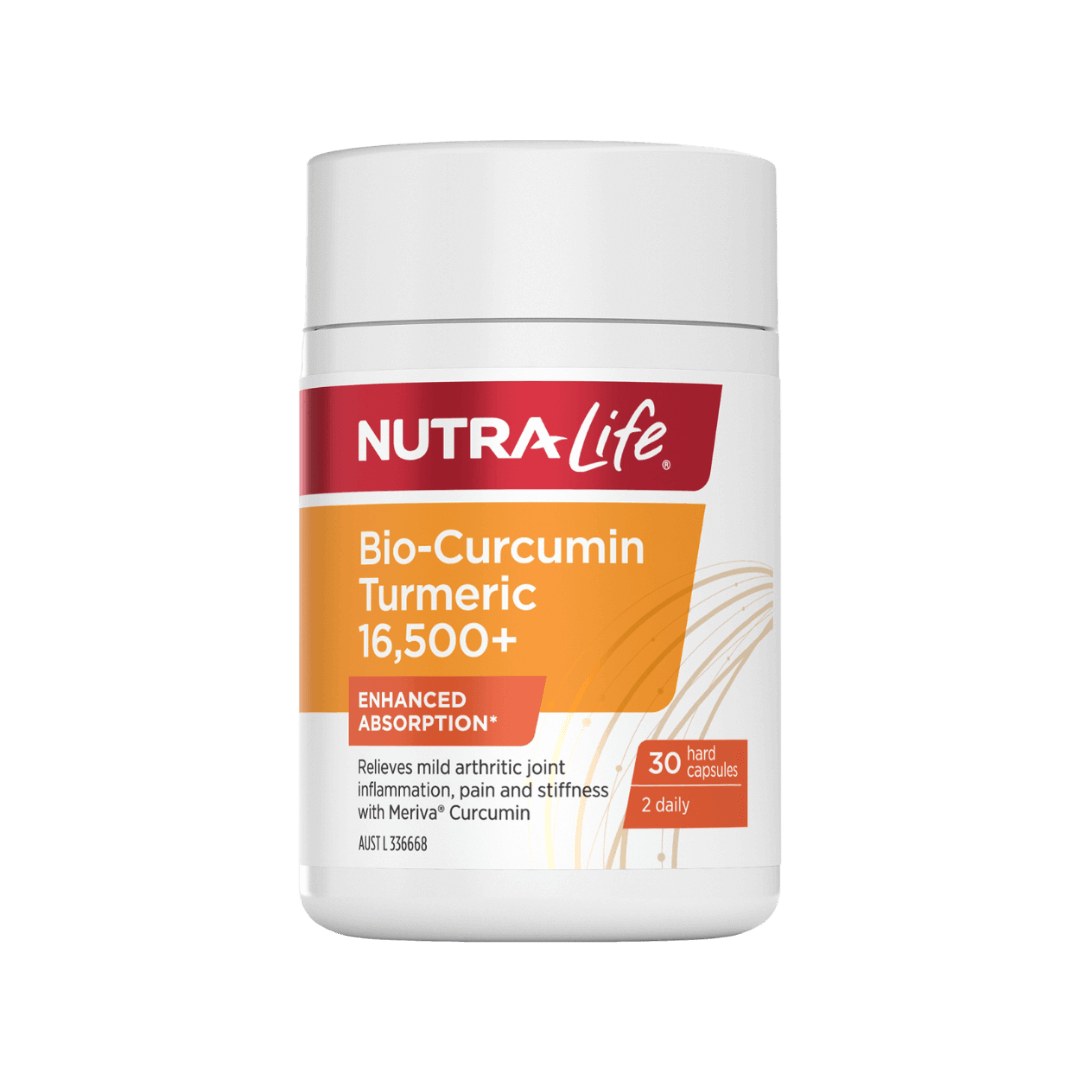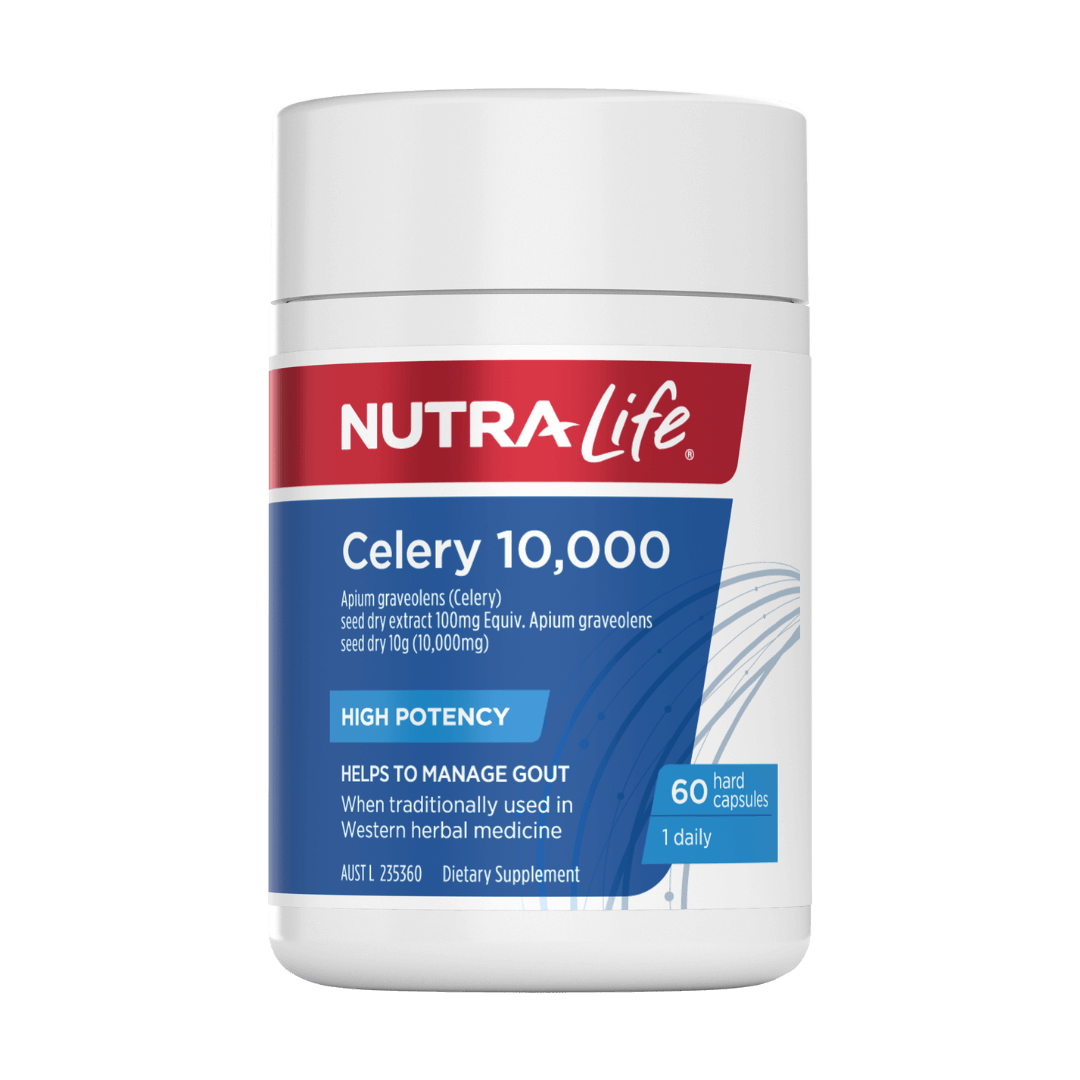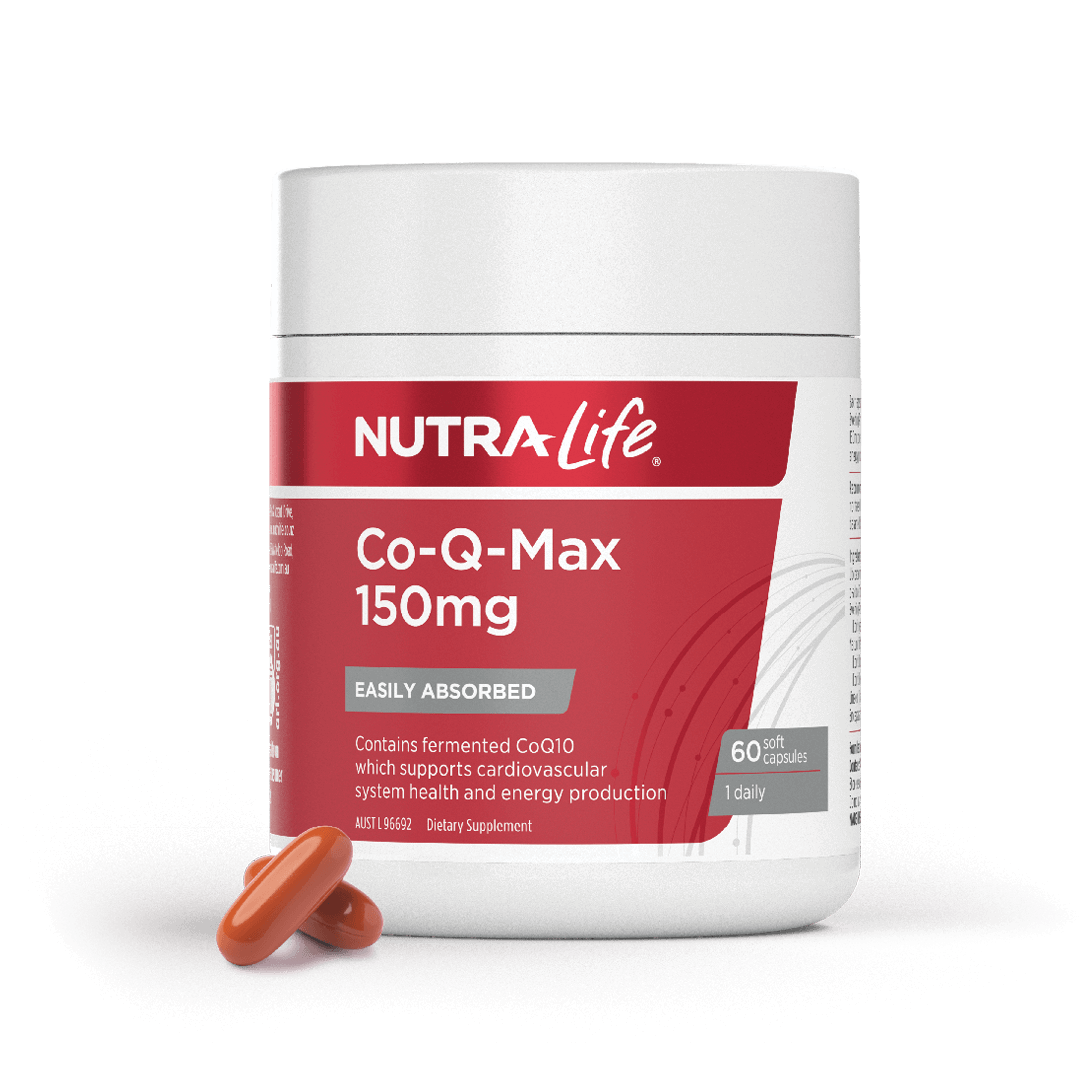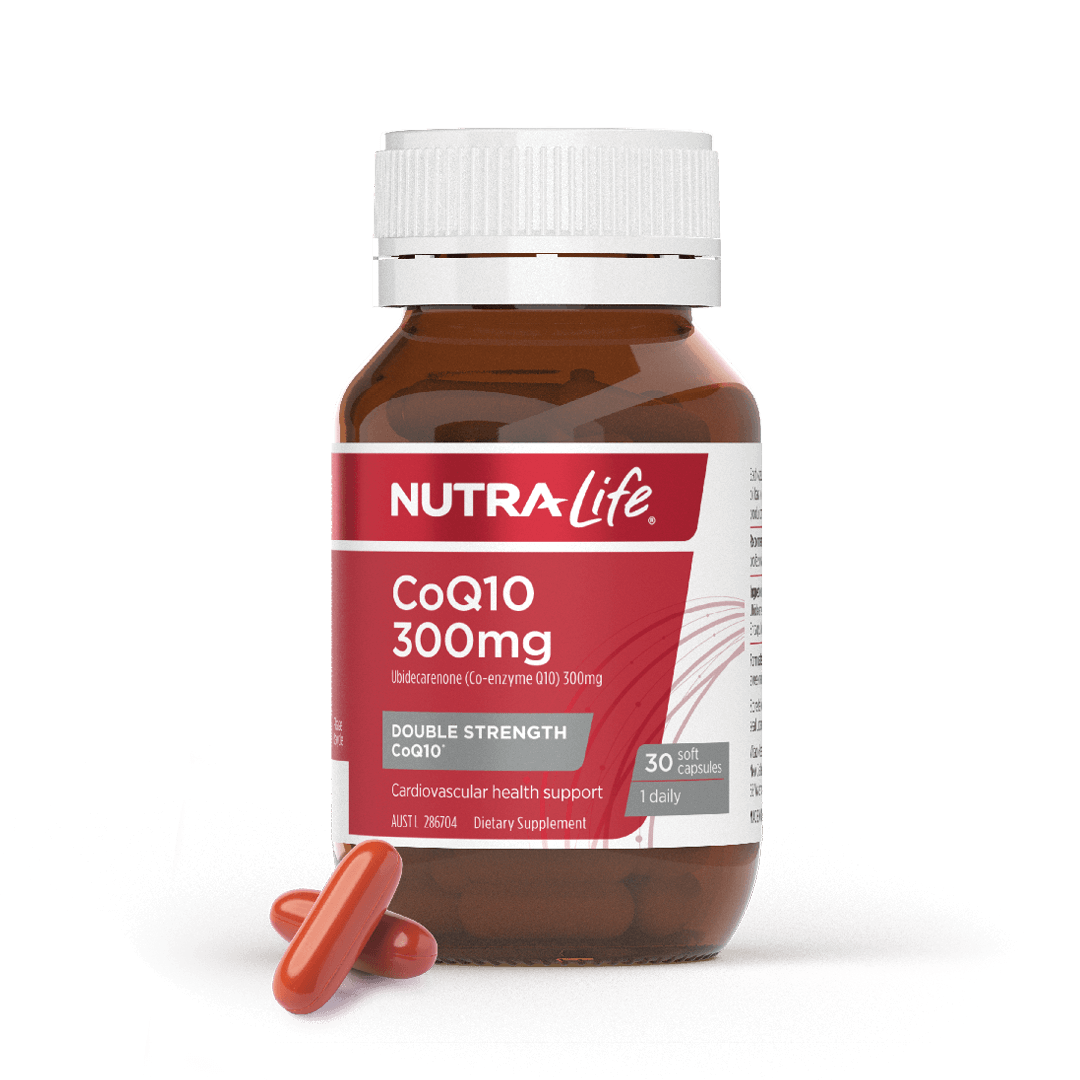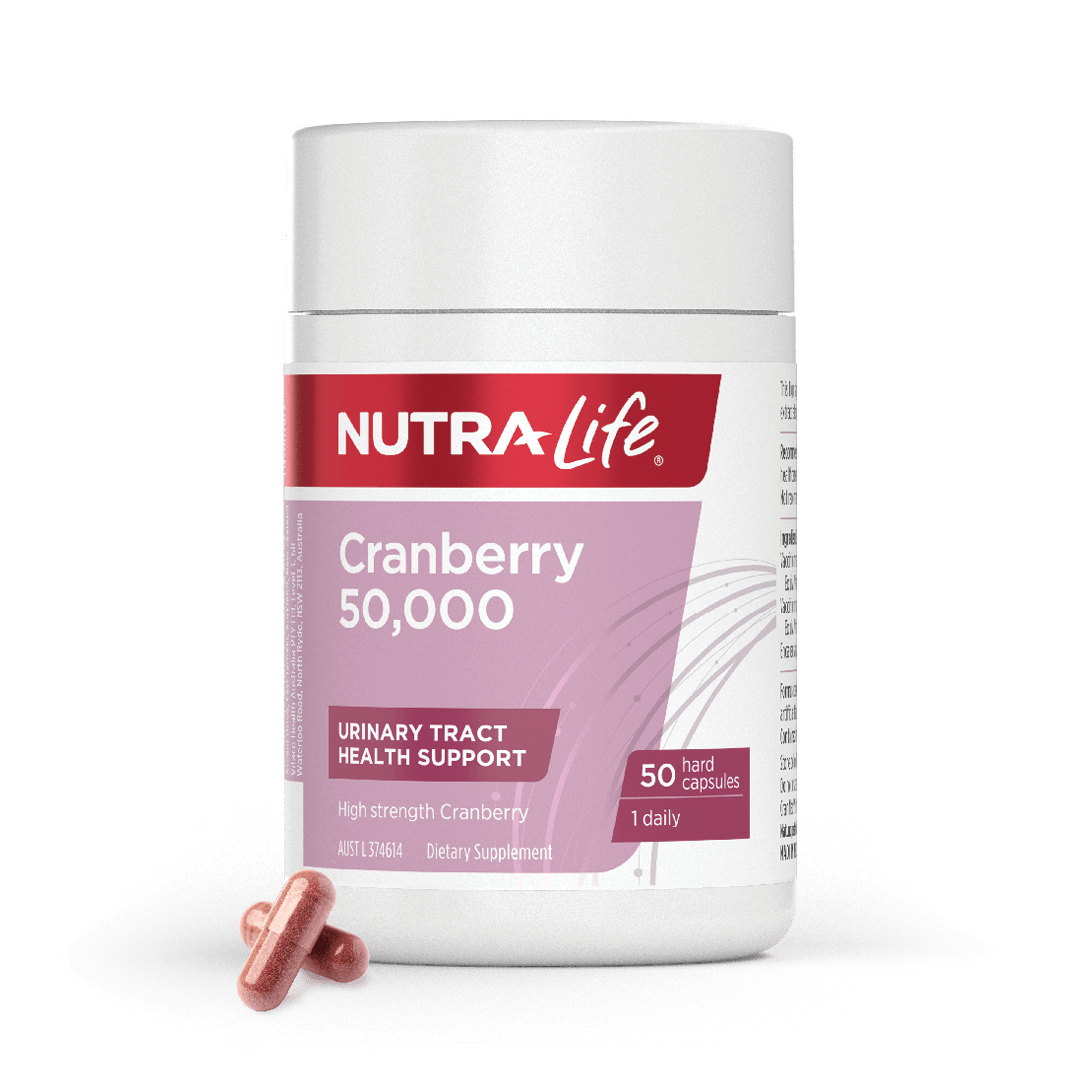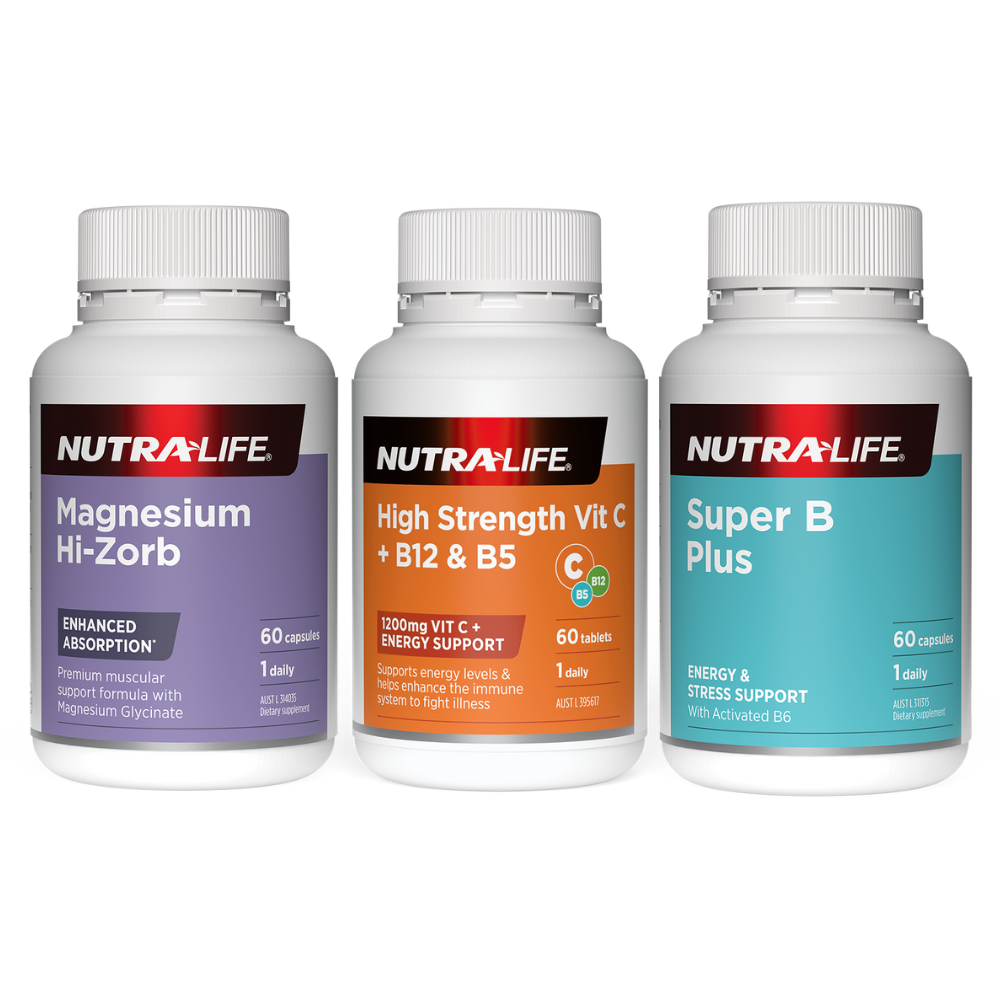What you eat can have a major effect on your body, and digestive issues as a result of diet are incredibly common. For people with digestive disorders such as Irritable Bowel Syndrome (IBS), research has shown that a diet low in FODMAPs may be a way to manage symptoms [1].
What are FODMAPs?
FODMAPs are certain carbohydrates commonly found in foods that are not absorbed properly in the gut and can therefore trigger gut symptoms, especially in people with IBS [1]. FODMAP is an acronym for Fermentable Oligosaccharides, Disaccharides, Monosaccharides and Polyols. Sue Shepherd and her research team at Monash University in Melbourne discovered these carbohydrates and have been leading the way in research relating to IBS and the role that FODMAPs play in symptoms [2].
How Can Fodmaps Affect Your Intestinal Health?
For people who are sensitive to FODMAPs, these carbohydrates are poorly absorbed in the small intestine and increased water can be drawn into the gut [1]. This may result in an unsettled tummy (diarrhoea) in some people, whilst for others, the carbohydrates travel to the large intestine where they are fermented by bacteria, producing gas[1]. This gas may lead to symptoms such as bloating, constipation, flatulence, pain and even nausea [1].
How Can You Improve Symptoms?
By reducing consumption of high FODMAP foods, these symptoms may reduce. This is referred to as following a low FODMAP diet. Common high FODMAP foods include garlic, onion, apples, cow's milk, mushrooms, bread and chickpeas, apples, watermelon and more (among a whole range of others)[1]. It is important to remember, however, that a strict low FODMAP diet is a diagnostic tool that should be carried out under the guidance of a qualified health professional such as a dietitian.
Furthermore, it should not be stuck to in the long term, as it can negatively affect the health of the gut microbiota [3]- the complex community of microorganisms (including bacteria) that live in our digestive tracts and that are vital to normal health.
To assist with relief in the longer term, supplementing with a FODMAP-friendly gut relief powder containing prebiotics, like Nutra-Life Gut Relief Powder, may also help.
It may help soothe the gut lining, relieve gut irritation, help maintain healthy digestive function, and stimulate the growth of good bacteria in the colon (large intestine). Always read the label, use only as directed, if symptoms persist, consult your healthcare practitioner.
[1] https://daa.asn.au/smart-eating-for-you/smart-eating-fast-facts/medical/fodmaps-and-ibs-whats-the-deal/
[2] https://www.monashfodmap.com/about-fodmap-and-ibs/
[3] https://www.monashfodmap.com/blog/low-fodmap-diet-provides-both-short-and/



